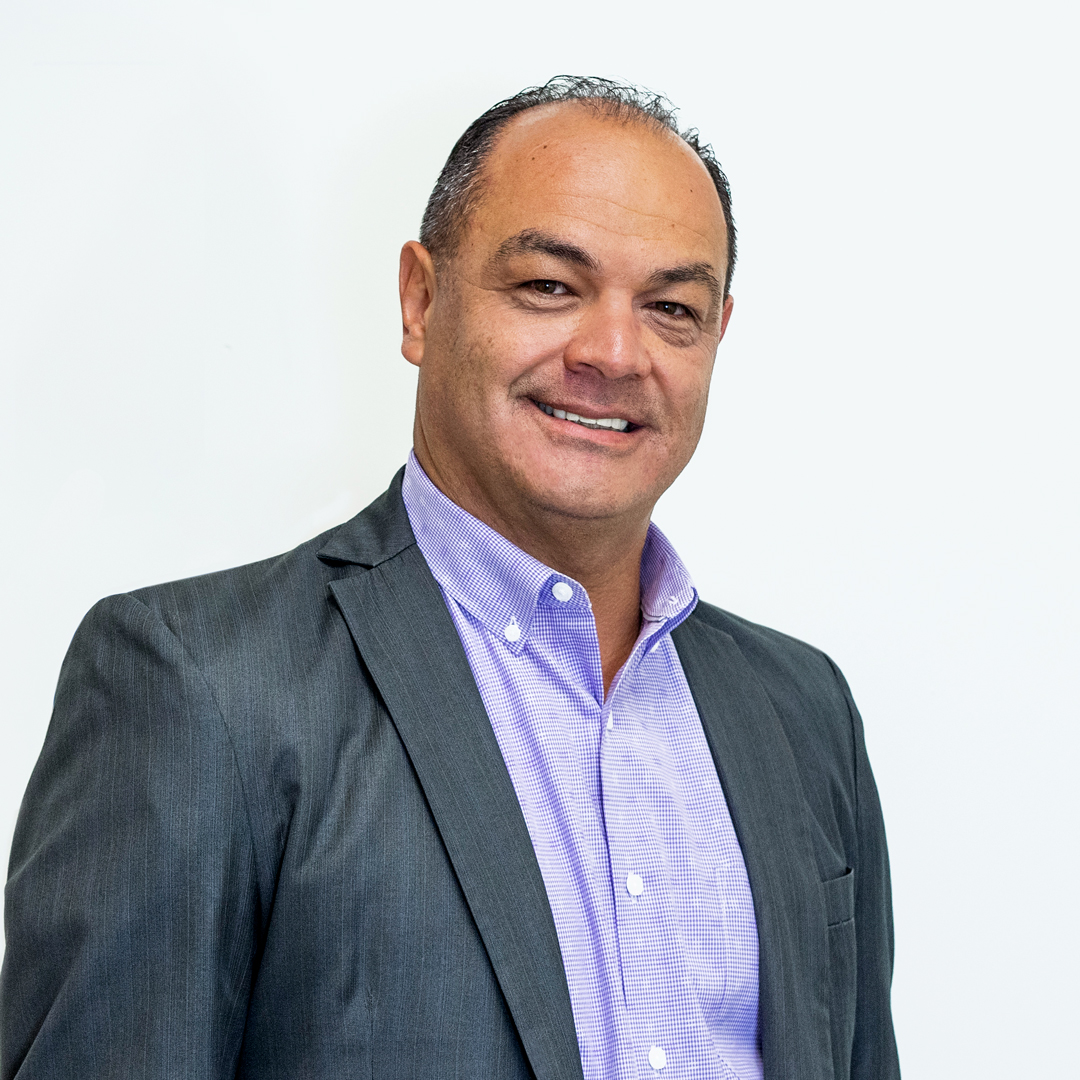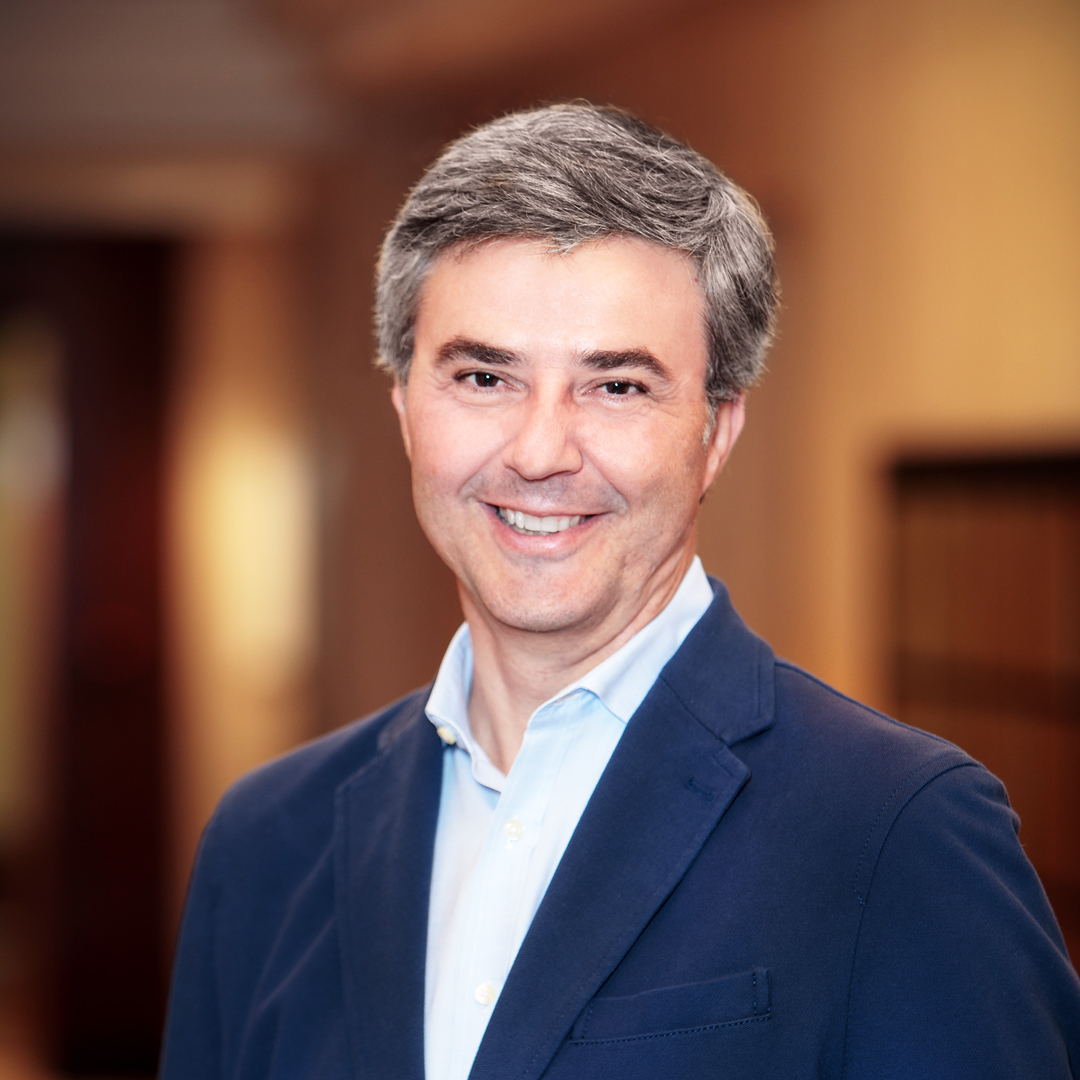|
Getting your Trinity Audio player ready...
|
Juan Silva says that to be self-motivated one has to be acutely aware of his own drivers. “For me, that’s always been two things: people and challenges.” The head of global service system for Otis Elevator can clearly chart his primary passion points along his career and says that his awareness of what inspires him is a tenant of his own success.
By placing his trust in people, Silva has made a willful effort to invest in lives, not roles. He emphasizes personal coaching because he not only cares about impacting those he’s working with currently, but those who have moved on to other roles at other companies. He’s returned to school over and over because he wants to learn from both the head of the class and the students around him.
Taking into consideration that Silva has experience working in what likely amounts to half of the world’s time zones, he’s also helped find the strength to drive transformation across language and cultural barriers. As Silva has achieved success working outside of his home country of Venezuela, he’s managed to cascade his philosophy and management style across borders. That might sound like a challenge, but for Silva, facing down a good challenge makes the reward sweeter.
“More than anything, the reason I’ve been successful managing internationally is because I’ve come to understand important differences in cultures.”
Silva came to Otis over three years ago, following successful stints at American Express, Mead Johnson Nutrition, and Bristol-Myers Squibb. Just prior to joining Otis, Silva had been in a global implementation role working to integrate a new cloud-based payment system that included work in the UK, Brazil, China, and Spain. The job at Otis would involve a challenging project to drive IT transformation in Latin America. Silva didn’t flinch. “I’ve been working internationally for a good portion of my career,” he says. “More than anything, the reason I’ve been successful managing internationally is because I’ve come to understand important differences in cultures.”
Learning and navigating those cultural differences, Silva says, was eye-opening when it came to understanding what motivated teams with different cultural incentives that were working toward the same goal. For instance, the value of personal relationships in the building of a business culture in Brazil was different than in China, where companies were more motivated to be considered the fastest and most efficient. “By understanding these differences, you can easily drive and manage the team in the ways that you need it to operate—even though the way one works may be significantly different than another,” Silva says.
In coming to Otis, Silva explains that he looked forward to exploring and working with the dynamic and colorful cultures of Latin American, though he wasn’t certain that having a personal connection to any one way of life would aid him much in the tough task at hand. “It was an incredibly big IT transformation for a system that hadn’t been updated in years,” Silva says frankly. “It wasn’t just the systems that needed updating, they needed to transform the organization and processes to be ready for the future.”
Silva says his dedication to people initially directed him to look at how the region’s teams were operating. “It was a totally dysfunctional situation,” Silva says. “Each country head was working individually and not as part of a community with the other department heads in the region.” Silva initiated a total team integration that utilized a shared-services model, creating regional responsibilities for leadership along with the country managers. “I didn’t tell them that they had to talk, but I did create an organization and responsibilities that required collaboration,” Silva says.
The project took three years, but in that time the Latin American IT division that lagged well behind the rest of Otis’ divisions in technology integration and management rose all the way to the top. “It was a huge transformation—not just in IT, but in culture,” Silva asserts. “IT is being asked to be part of conversations that they were never a part of before.”
“IT is being asked to be part of conversations that they were never a part of before.”
Throughout Silva’s tenure, the company’s outside vendor partners have been impressed with his adaptive qualities and team-building prowess. “Juan is a tremendous leader and wonderful human being,” praises Rohit Kedia, the chief business officer of manufacturing at valued Otis partner Larsen & Toubro Infotech Ltd (LTI). “It is our privilege to collaborate with him, as he leads key digital initiatives at Otis with tremendous passion and creativity.”
Silva is applying the philosophy of collaboration to the wider organization in his new role. “We want technology to drive better service, new products, and to be an integral part of the business,” he explains. Otis has partnered with regional universities to incubate startups and drive innovation in an effort to add value and development to Otis’ teams.
Development is a primary focus of Silva’s own code of conduct. Silva has two master’s degrees in business administration and marketing and believes that learning from both instructors and fellow students provides invaluable knowledge and experiences. Understanding how to best rally individuals to collaborate and face challenges became the focal point of Silva’s leadership. That understanding only became enhanced when he was faced with the extensive IT reorganization in Latin America.
“I spoke with a manager in Uruguay that while he was 100 percent on board with the mission, he didn’t think he would be capable of taking on the new responsibilities I was asking him to,” Silva offers. “I told him that I believed in him more than he believed in himself, and after three years, he became a regional manager and one of the best talents this company has ever seen.”
Silva believes that investing in a team requires consistent feedback and coaching. Ultimately, that feedback and coaching will organically influence the individual members of the team and provide value to their careers moving forward. Silva knows because he’s seen it happen. “You have to be honest to invest in your people and not expect anything in return—because you should believe that no matter where they go, they’ll be a better professional tomorrow.”
RELATED LINKS
https://hispanicexecutive.com/2019/toyota-five-compadres/
https://hispanicexecutive.com/2019/sal-montes-fender/

